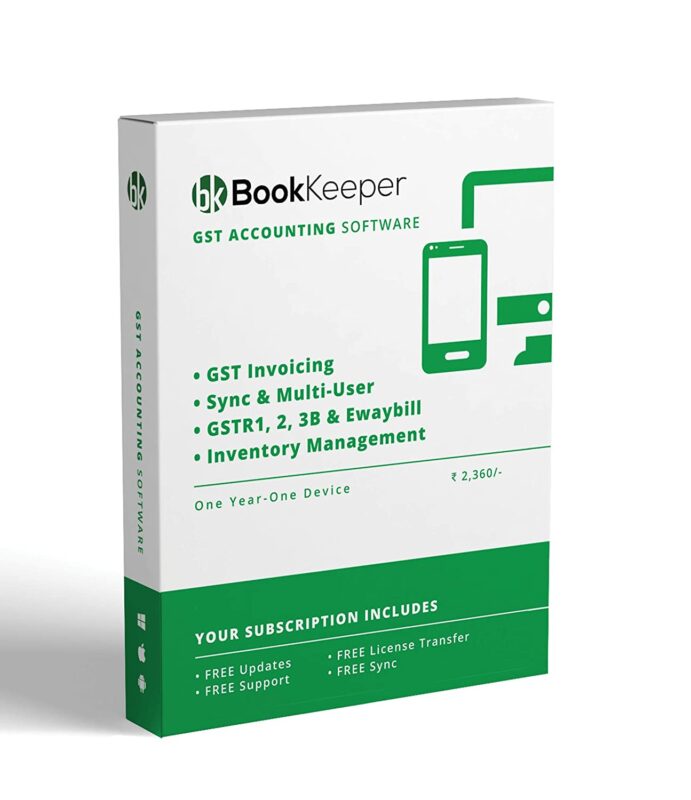Bookkeepers
10 Basic Accounting Assumptions as the Basis of Bookkeeping Your Business
10 Basic Accounting Assumptions as the Basis of Bookkeeping Your Business
What are accounting principles?
Key accounting assumptions state how a business is organized and operates. They provide structure to how business transactions are recorded. If any of these assumptions are not true, it may be necessary to alter the financial information produced by a business and reported in its financial statements. Accounting principles are the building blocks for GAAP. All of the concepts and standards in GAAP can be traced back to the underlying accounting principles. Some accounting principles come from long-used accounting practices whereas others come from ruling making bodies like the FASB.
It’s important to have a basic understanding of these main accounting principles as you learn accounting. This isn’t just memorizing some accounting information for a test and then forgetting it two days later. These principles show up all over the place in the study of accounting. 10 Basic Accounting Assumptions as the Basis of Bookkeeping Your Business
What are the 10 basic accounting principles?
Here’s a list of 10 accounting principles that make up GAAP.
- Economic entity assumption: The economic entity assumption is an accounting principle that separates the transactions carried out by the business from its owner.
- Monetary unit assumption: All financial transactions should be recorded in the same currency.
- Specific time period assumption: Financial reports should show results over a distinct period of time.
- Cost principle: The cost of an item doesn’t change in financial reporting.
- Full disclosure principle: All information that relates to the function of a business’s financial statements must be disclosed in notes accompanying the statements.
- Going concern principle: A business will continue to exist and function with no defined end date.
- Matching principle: Businesses should use the accrual basis of accounting and report all financial information using this method.
- Revenue recognition principle: Revenue is reported when it’s earned, regardless of when payment is actually received.
- Materiality principle: When an accountant finds a transactional error, they can use their professional judgment to determine if the error is immaterial to the business.
- Conservatism principle: When there is more than one acceptable way to record a transaction, expenses and liabilities should be recorded as soon as possible, and revenues and gains should only be recorded when they occur. 10 Basic Accounting Assumptions as the Basis of Bookkeeping Your Business
Understanding 10 of the most important accounting principles
Economic entity assumption
It refers to the separation between various divisions in a company. Each unit maintains its own accounting records specific to the business operations. External stakeholders like; Governments and investors use a company’s financial records to assess its performance. Hence, it is important that the transactions reflect the activities of the entity accurately. According to the economic entity assumption, a person evaluating a company’s records assumes all the transactions pertaining to the business are being reviewed.
Monetary unit assumption
It refers to the separation between various divisions in a company. Each unit maintains its own accounting records specific to the business operations. External stakeholders like; Governments and investors use a company’s financial records to assess its performance. Hence, it is important that the transactions reflect the activities of the entity accurately. According to the economic entity assumption, a person evaluating a company’s records assumes all the transactions pertaining to the business are being reviewed.
Specific time period assumption
The specific time period assumption requires that a business’ financial reports show results over a distinct period for comparisons. Additionally, this accounting principle specifies that all financial statements must indicate the specific time period that they’re considering for review, on the actual document. It is because of this principle that your balance sheet always reports information as of a certain date and your profit and loss statement encompasses a date range.
Cost principle
Cost Benefit Principle – limits the required amount of research and time to record or report financial information if the cost outweighs the benefit. Thus, if recording an immaterial event would cost the company a material amount of money, it should be forgone. This basic accounting principle is important because it reminds business owners not to confuse cost with value. Although the value of items and assets changes over time, the gain or loss of your assets is only reflected in their sale or in depreciation entries. If you need a true valuation of your business without selling your assets, then you’ll need to work with an appraiser, as opposed to relying on your financial statements.
Full disclosure principle
This principle requires that any knowledge that would materially affect a financial statement user’s decision about the company must be disclosed in the footnotes of the financial statements. This prevents companies from hiding material facts about accounting practices or known contingencies in the future. Basically, this principle states that all financial activities related to the company must be presented accurately, without any hidden numbers to the business owner/accountant, to ensure full transparency to business’ finances.
Going concern principle
This principle states that all expenses must be matched and recorded with their respective revenues in the period that they were incurred and not when they are paid. This principle works with the revenue recognition principle ensuring all revenue and expenses are recorded on the accrual basis. These expenses can include wages, sales commissions, certain overhead costs, etc. That being said, even if your tax return is based on the cash method of accounting, your accountant may prepare your financial reports using the accrual basis of accounting. Ultimately, accrual-based reports not only reflect the matching principle, but they also provide a better analysis of your business’ performance and profitability than cash-based statements 10 Basic Accounting Assumptions as the Basis of Bookkeeping Your Business
Revenue recognition principle
This principle requires companies to record revenue when it is earned instead of when it is collected. This accrual basis of accounting gives a more accurate picture of financial events during the period. The purpose of this principle is to accurately report an income or revenue, when the sale is made, even the payment is received at a later stage. With this basic accounting principle, your business could earn a monthly revenue even if you haven’t received any actual cash that month. 10 Basic Accounting Assumptions as the Basis of Bookkeeping Your Business
Materiality principle
This principle highlights an accountant’s ability to exercise judgment and use their professional opinion—since businesses come in all sizes, an amount that might be material for one business may be immaterial for another—and it’s up to the accountant to make this decision. When an accountant is reconciling a set of books or completing a business tax return, if during that time the accountant finds any misses or discrepancy, they may deem it as immaterial. In such a scenario, it’s up to the accountant to use their professional judgment to determine if the amount is immaterial. 10 Basic Accounting Assumptions as the Basis of Bookkeeping Your Business
Principle of conservatism
When there’s more than one acceptable way to record a transaction, the principle of conservatism instructs the accountant to record expenses and liabilities as soon as possible, but to only record revenues and gains when they occur. Using this accounting principle, then, your accountant will be more likely to anticipate losses in your reports, but not revenues or profits—hence they’re being more conservative with the business’s financial success. It’s important to understand, however, that this basic accounting principle is only invoked when there are multiple acceptable ways for the accountant to record the transaction.
The principle of conservatism does not allow a business accountant to completely disregard other accounting principles. 10 Basic Accounting Assumptions as the Basis of Bookkeeping Your Business
Call us for any query we are glad to help you out @ 7838541297 &9911721597

























